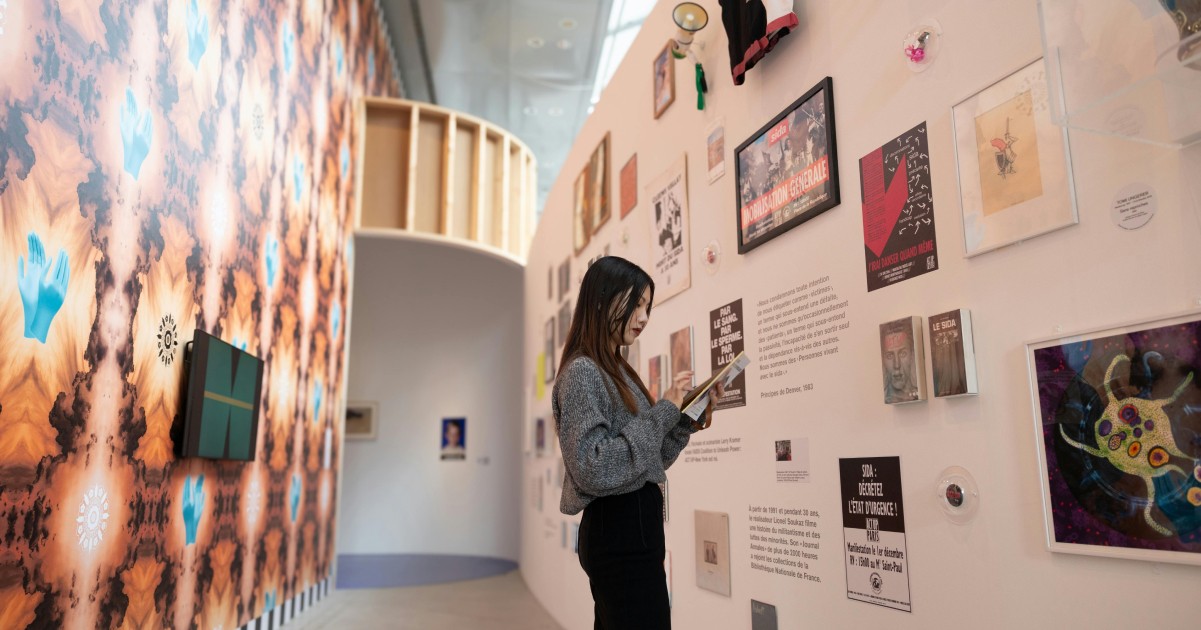
How to Become an Arts and Culture Writer
Our world is full of creative people who yearn to express themselves, and arts and culture writers serve as a bridge between those artists and their audiences. This freelance writing niche provides writers with a unique opportunity to interpret and illuminate the vibrant tapestry of human creativity.
This guide will tell you what arts and culture writing is, what writers in this field do, and how to become an arts and culture writer.
If you’ve ever dreamed of turning your passion for the arts into a fulfilling career, keep reading!
What Is Arts and Culture Writing?
Arts and culture writing is a diverse and dynamic niche that covers a broad spectrum of creative endeavors. Writers in this field engage with the full breadth of human artistic expression, including the visual arts, music, literature, theater, and film. The writing can take many forms and appear in various sections of the media:
- Newspapers: Popular papers like The New York Times and The Guardian have vibrant arts and culture sections.
- Magazines: The New Yorker has dedicated sections for books and culture, fiction and poetry, and humor and cartoons. Artforum is an international monthly magazine specializing in contemporary visual art. For those who are more into audio and video, Rolling Stone has a music section and one for TV and movies.
- Online platforms: The A.V. Club is all about pop culture. It covers film, TV, music, games, books, and more.
- Broadcast media: BBC Sounds has a large list of recorded radio shows and podcasts dedicated to arts, culture, and the media.
- Blogs: There are lots of great arts and culture blogs out there. Here’s a list of 45 inspiring art blogs.
Arts and culture writing can range from objective reporting to deeply personal criticism. For example, a theater critic might write a review of the latest Broadway show, offering insights into the performance, direction, and overall impact of the production. Alternatively, another arts and culture writer might pen a thoughtful piece on the intersection of literature and politics in a particular author’s body of work.
What Does an Arts and Culture Writer Do?
The role of an arts and culture writer is multifaceted, encompassing a variety of tasks and responsibilities. They play a crucial role in shaping public discourse around the arts, influencing tastes, and preserving cultural narratives. As mentioned above, this kind of writing can take on many forms. It can include reviews, features, profiles, interviews, essays, and opinion pieces. Many arts and culture writers specialize in particular areas, becoming experts in their chosen fields. While the work each writer does will vary based on what they choose to write about, a typical day might involve:
- Attending events, exhibitions, and performances
- Conducting interviews and managing relationships with people in the right communities
- Extensively researching and fact-checking information about people, events, history, or individual works of art to ensure accuracy
- Pitching story ideas to editors or clients
- Writing and editing content to meet deadlines and editorial standards
How to Become an Arts and Culture Writer
Breaking into the world of arts and culture writing requires a combination of knowledge, skills, experience, and networking.
Here are a few steps you can take to help you find arts and culture writing jobs:
1. Develop Your Knowledge and Skills
No formal education is required to be an arts and culture writer, but a strong foundation in the arts and the necessary writing skills are crucial. If you feel you need to build on your existing knowledge, consider these opportunities:
- Immerse yourself in the arts: Read voraciously, visit museums and galleries, attend performances, and watch films across multiple genres.
- Pursue relevant education: Degrees in journalism, art history, literature, or related fields can provide valuable knowledge and credentials.
- Hone your writing skills: Practice different styles of writing, from concise reviews to long-form features. Take writing workshops or check out some of these free writing courses.
2. Build Your Portfolio
Practice generally makes perfect, and that is especially true if you want to become a better writer. Having a diverse and impressive portfolio is essential when seeking culture writer jobs. To start building your body of work, consider:
- Starting your own blog to showcase your writing on various cultural topics
- Contributing to student publications or local arts newsletters and magazines
- Writing samples or on-spec pieces that demonstrate your ability to write in different formats and about various art forms or cultural topics
3. Network and Connect
Building relationships in the arts and culture community can open doors to many opportunities.
If you want to be an arts and culture writer, you probably like the subject, so have some fun and attend events, art openings, and cultural festivals. While you’re out, make sure to engage with other writers, artists, and cultural figures. Afterward, try to connect with your new contacts on social media platforms like X (formerly Twitter) and LinkedIn.
Another option is to join relevant professional associations, such as the American Society of Journalists and Authors or the National Arts Club. Stay connected with the people you’ve met, and your network will naturally grow.
4. Stay Current and Specialize
The world of arts and culture is constantly evolving, and to be successful in this field, you need to keep up. Make sure to follow trends and developments in your areas of interest.
Because the world of arts and culture is so vast, it is best to choose something specific you want to focus on and develop expertise in that area. If you continuously expand your knowledge through reading, experiencing artistic and cultural events, and engaging with your preferred art forms, you will position yourself to stand out in the arts and culture world.
5. Gain Experience and Get Jobs
Once you are knowledgeable, have built a portfolio, have grown a network of like-minded people, and are up to date in your field of interest, there is nothing stopping you from getting arts and culture writing jobs.
If you’re having a hard time getting experience at first, try volunteering or looking for internships at local cultural publications or arts organizations.
When searching for work, consider platforms like Mediabistro, JournalismJobs.com, or other freelance writing websites. In the US, Art Jobs is a great resource for all kinds of creative professionals. As mentioned above, LinkedIn is great for networking, but it can also be used to find work.
Becoming A Freelance Writer
Becoming an arts and culture writer is a journey that requires persistence and a genuine love for the creative world. By following these steps and your passion, you can carve out a rewarding career that allows you to engage with and shape cultural conversations.
Remember, the first step is to develop your knowledge, and if you need help with that, our Becoming A Freelance Writer course can help. It is beginner-friendly and offers expert tutor support. On top of all that, if you achieve 80% or more in the final assignment, you’ll have the opportunity to build your portfolio by writing three pieces of content for our blog.
Why not try some free lessons today?





Your email address will not be published.